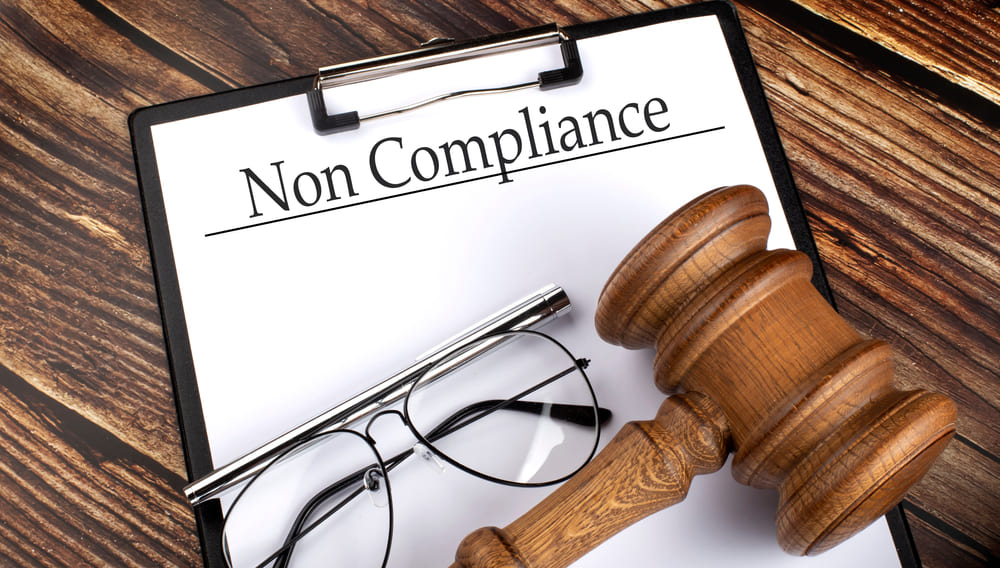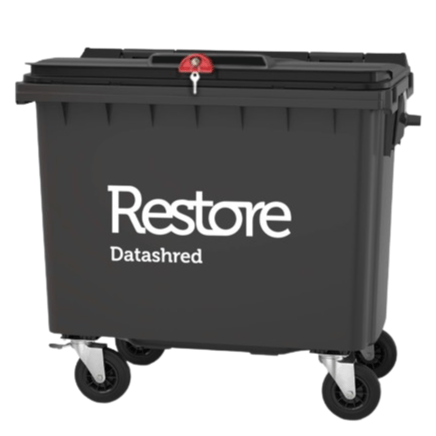
When it comes to document destruction, legal compliance is more than simply a box to tick – it is a framework that helps businesses preserve their brand and maintain customer trust. Businesses that comply with stringent document destruction rules not only avoid fines but also strengthen their reputation as conscientious caretakers of sensitive data. For businesses concerned about legal compliance, this article surveys the main regulatory guidelines for document shredding in the UK, as well as rules and best practices for specific industries.
Understanding the legal landscape
GDPR and the Data Protection Act 2018
The General Data Protection Regulation (GDPR), as supported by the Data Protection Act 2018, serves as the foundation for most legal guidelines for document destruction rules in the UK. These standards provide stringent guidelines for the managing, storing, and disposing of personal data.
According to the “storage limitation” principle, personal data should only be kept for as long as necessary to fulfill the purposes for which it was gathered. When this period ends, secure destruction becomes a legal duty. Inadequate disposal techniques, such as leaving paper records in unprotected containers, may constitute a violation of GDPR.
Legal requirements for shredding documents
Organisations are legally obligated to handle sensitive data securely at every stage, including document shredding and disposal. To remain compliant, this means:
Using a secure shredding provider that complies with recognised industry standards (e.g., BS EN 15713:2023)
Maintaining a clear audit trail for all shredded materials
Providing employees with training on secure data disposal
Issuing Certificates of Destruction

Failing to meet these legal requirements for shredding documents can result in penalties of up to £17 million or 4% of annual global turnover, whichever is higher.
Industry-specific regulations
In addition to GDPR, some sectors are governed by their own document destruction laws:
Financial Sector: The Financial Conduct Authority (FCA) requires firms to retain financial documents for specified periods and destroy them securely thereafter.
Healthcare: The NHS and Care Quality Commission provide guidelines for the retention and destruction of patient records, including health and safety considerations.
Legal and Public Sector: Solicitors, local councils, and government departments must adhere to statutory guidelines for retaining and destroying official records.

These industry-specific requirements underline the importance of aligning document disposal practices with sector-specific obligations.
BS EN 15713:2023: The gold standard in secure shredding
The BS EN 15713:2023 standard is the benchmark for secure information destruction in the UK and Europe. Partnering with a provider like Restore Datashred, which fully adheres to this standard, helps ensure compliance with document shredding laws.
Key provisions include:
Secure collection of confidential material
Screened and vetted personnel handling sensitive data
Controlled access to facilities and vehicles
Use of shredding equipment that meets specific particle size requirements
Issuance of Certificates of Destruction and waste transfer notes

By meeting these standards, businesses can demonstrate their commitment to compliance and best practice.
Practical tips for legal compliance
To reduce legal risk and guarantee compliance with document destruction laws, organisations should take the following practical steps:
1. Implement a clear document retention and destruction policy
Define which documents are to be kept, for how long, and how they should be disposed of. Make sure your policy:
- Distinguishes between different document types (e.g., HR records, client data, financial reports)
- Reflects sector-specific retention timelines
- Outlines the shredding process, including who is responsible
2. Choose a certified shredding provider
Working with an accredited provider like Restore Datashred ensures that shredding is:
- Handled by trained, DBS-checked staff
- Documented with Certificates of Destruction
Look for compliance with BS EN 15713:2023 and ISO certifications for added assurance.
3. Maintain an audit trail
Documentation is critical for proving compliance with document destruction laws. Keep records of:
- Collection dates and times
- Types and quantities of material shredded
- Certificates of Destruction and waste transfer notes
This provides traceability and demonstrates accountability.
4. Train staff on secure disposal
All employees must understand their responsibilities when handling sensitive information. Training should cover:
- Identifying confidential documents
- Secure storage prior to disposal
- Correct use of shredding consoles or bins
Awareness reduces the risk of data breaches caused by human error.
5. Prepare for regulatory scrutiny
Regulators may request evidence that documents were destroyed in compliance with GDPR shredding requirements and sector-specific rules. Make sure that your shredding processes can stand up to scrutiny in terms of potential audits or legal investigations.
Common challenges and how to overcome them

Inconsistent practices across departments
Without a centralised policy, different teams may adopt varying disposal methods. Standardise processes and provide company-wide training to eliminate discrepancies.

Reliance on in-house shredders
Office shredders are often inadequate for high-security needs. They may not meet required particle sizes and typically can’t provide documented proof of what was destroyed. Fortunately, these types of issues can be mitigated by outsourcing to a certified shredding provider.

Over-retention of documents
Holding onto documents longer than necessary increases risk. Conduct regular audits to identify records that are past their retention period and schedule secure destruction.
Restore Datashred: Your partner in compliance
Restore Datashred helps businesses across the UK meet their legal and regulatory responsibilities with end-to-end shredding services that prioritise confidentiality, security, and sustainability.
Our services include:
- Secure on-site and off-site shredding
- Shredding of paper, hard drives, textiles and products
- Transparent chain of custody with documented evidence
- Environmental reporting to track carbon savings
We provide full compliance with GDPR, the Data Protection Act 2018, and BS EN 15713:2023, empowering clients to confidently manage their document destruction obligations.
A secure future starts with compliant shredding
Legal compliance for document destruction is about more than avoiding penalties. It is a cornerstone of responsible data management and organisational integrity. By understanding document shredding laws, adopting best practices, and partnering with certified providers like Restore Datashred, businesses can safeguard information, maintain trust, and support a secure and sustainable future.
To find out more, call 03300292415 to speak to a member of the team or request a quote today.
 Customer Login
Customer Login